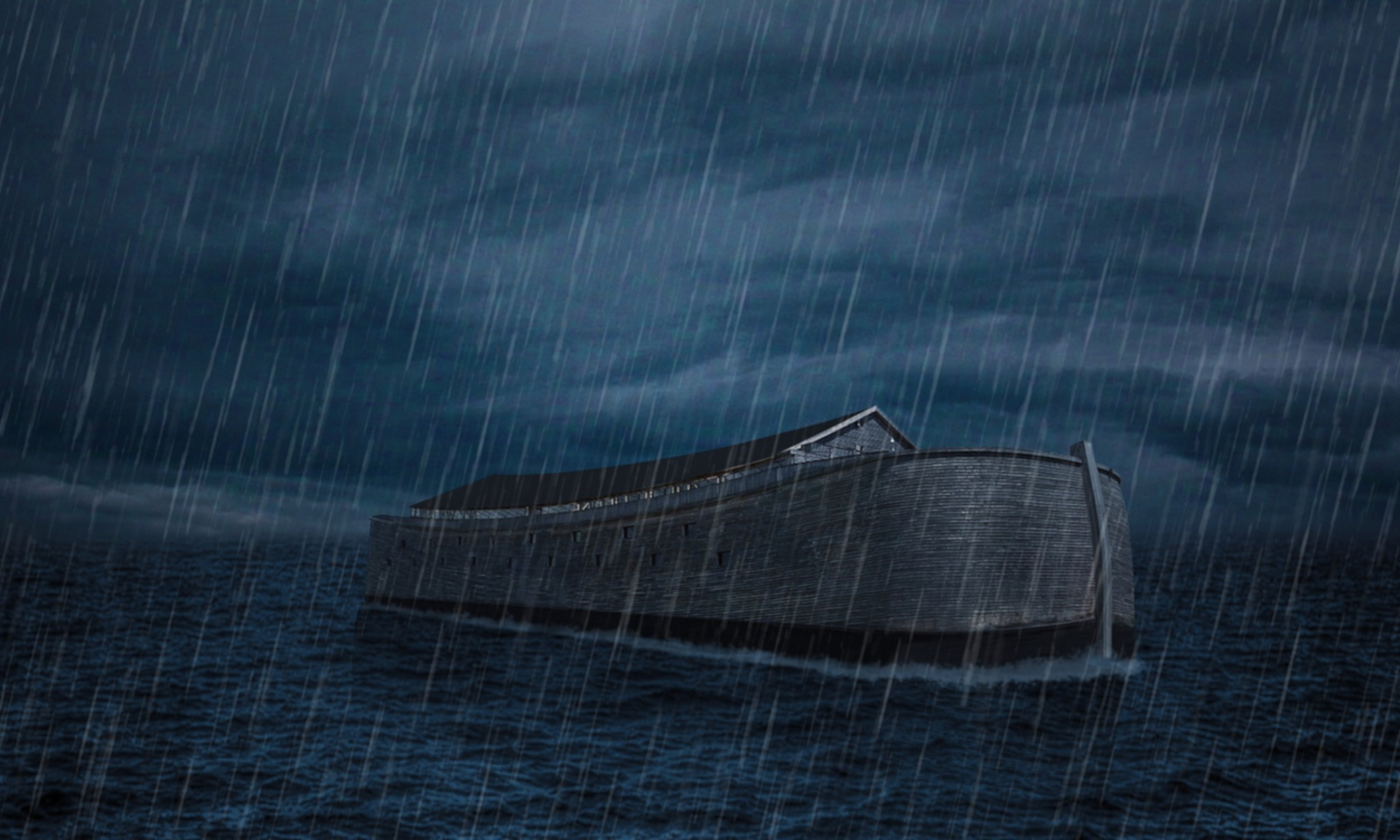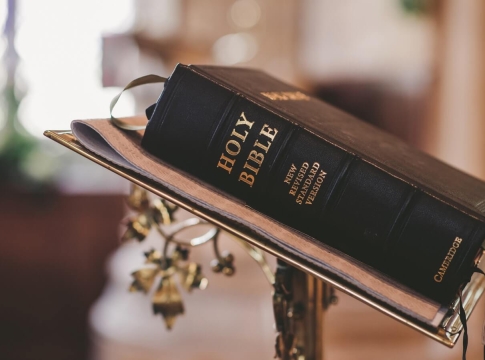
The Bible contains numerous historical accounts. The majority of these tales concern the Israelites. However, the Bible’s first book, Genesis, contains many accounts of events that had an impact on the entire world. Of course, creation comes first. We read about the ancestors of the first human family after [the creation narrative]. However, another significant event that nearly wiped out humanity is detailed in Genesis 6–9. God released this torrent of water onto the planet.
Why did God flood the world?
In Genesis 6:5, God states that he “saw that the wickedness of man was great in the earth, and that every intention of the thoughts of his heart was only evil continually.” This is how God observed the world at the beginning of time. This brings us to a dismal end. Furthermore, because God interacts closely with His creation, Genesis 6:6 states that “the Lord regretted that He had made man on the earth, and it grieved Him to His heart.” He will pour a torrent of waters upon the planet in order to bring an end to all flesh.
What happened exactly?
The Bible gives us a detailed historical account of what happened: “In the six hundredth year of Noah’s life, in the second month, on the seventeenth day of the month, on that day all the fountains of the great deep burst forth, and the windows of the heavens were opened. And rain fell upon the earth forty days and forty nights. … And the waters prevailed so mightily on the earth that all the high mountains under the whole heaven were covered. The waters prevailed above the mountains, covering them fifteen cubits deep. And all flesh died that moved on the earth, birds, livestock, beasts, all swarming creatures that swarm on the earth, and all mankind” (Genesis 7:11-12; 7:19-21). After 150 days, God made a wind blow over the earth, and the water began to disappear. But it took half a year before the earth was dry again.
Did all humans die?
Given that people live on Earth today, did any of them make it through the Great Flood? Indeed, one family made it through because they had faith in God. According to Genesis 6:9, the Bible describes a man by the name of Noah as “a righteous man, blameless in his generation.” He walked with God despite everything that was wicked around him. God therefore gave Noah the order to construct an enormous ship called an ark so that he and his family would be safe during the flood. Even though there was still nothing to see, Noah took God’s warning seriously and built the ark as God had instructed (Hebrews 11:7).
God gave them the command to enter the ark once it was finished. The flood arrived after he closed the door. Noah and his family were forced to live in the ark for around a year. At last, they would be able to return to their earthly lives. God commanded them to multiply and populate the planet. Thus, the three sons of Noah and their spouses are the ancestors of all modern humanity.
What happened to the animals?
The flood claimed the lives of not just humans but also “birds, livestock, beasts and all swarming creatures that swarm on the earth.” However, God instructed Noah to bring both male and female animals inside the ark with him in order “to keep their offspring alive on the face of all the earth” because He did not want the animal kingdom to disappear.
Will God send another flood?
The reason God unleashed the flood was because people were so incredibly evil. However, Noah’s offspring were also immoral. God saw that “the intention of man’s heart is evil from his youth” as soon as the flood subsided (Genesis 8:21). Thus, the fundamental issue remained unresolved! But God vowed to never again destroy all living things in the same way that He had. No more floods are anticipated. You can read this article for more information about how God’s response to human wrongdoing has changed.
The great flood is a severe warning
The narrative of Noah and the deluge holds significance in modern times. It is evident that God punishes evil rather than ignoring it. From this tale and other Old Testament examples, 2 Peter 2:9 concludes, saying, “The Lord knows how to keep the unrighteous under punishment until the day of judgment, and to rescue the godly from trials.” Because in the end of time, God will bring judgment on human evil—despite His vow not to drown the earth again. There’s additional information about that here.
Jesus cautions us to take God’s impending judgment seriously rather than ignoring it. Most people in Noah’s day disregarded the warnings and carried on with their lives as usual until it was too late to save themselves. Jesus will return at some point to condemn humanity; we just don’t know when. We therefore need to be ready! Because just as God provided Noah and his family with an escape route in the form of the ark, He also provides us with one via Jesus Christ. It is imperative that we have faith in Him and extend our forgiveness to him. See our article [“How are sinners saved?”] for additional information on that.





